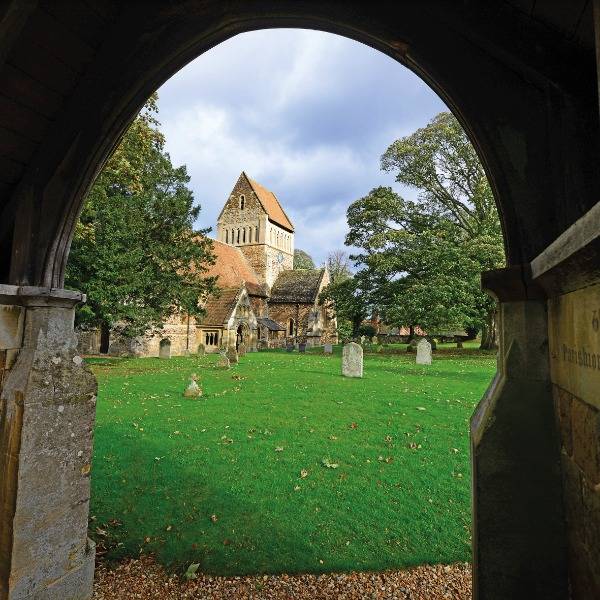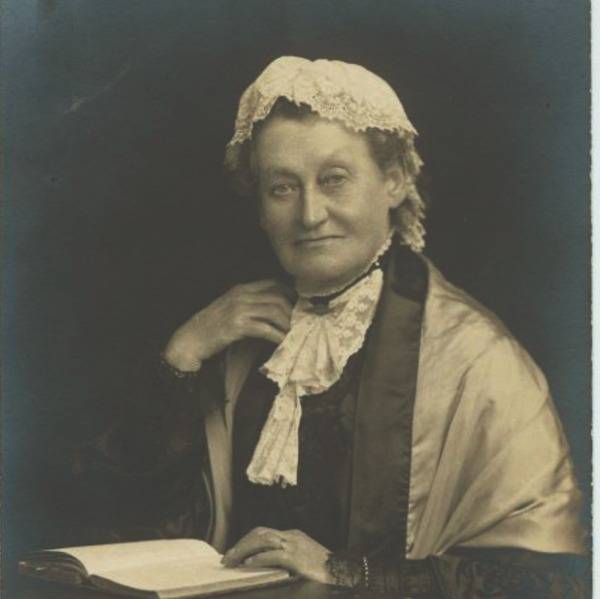Whether as teacher, theoretician, administrator or government advisor, Hermann Bondi applied his energy and enthusiasm in an astonishing variety of activities. Already famous for his work in producing the 'steady state' theory of the universe with Thomas Gold and Fred Hoyle, he became involved with designing the Thames barrage after the catastrophic east coast floods of 1953. He told how, after 10 years, "ministers had got nowhere. Then somebody had the bright idea of making me a committee of one on this and, within a few years, the barrier was built, and at the point I had chosen." As here, in almost every case the tasks he took on and challenges that came his way were brought to a triumphant conclusion, before he changed tack and embarked on something totally new. Alongside his professional activities, Bondi was President for many years of the British Humanist Association and the Rationalist Press Association – an interest and passion which was an integral and important part of his life.
Hermann was a lifelong atheist and was reported to have said he had never 'felt the need for religion'. He was born in Vienna in 1919 to a Jewish family. Neither of his parents was religious but, whereas his father who was a doctor regarded orthodox Judaism as a kind of social cement, and kept to its rules at home in order to be able to entertain his orthodox relations, his German mother hated it all. Interestingly, Hermann seems to have inherited both approaches: a distinct irritation with certain aspects of religion, coupled with a willingness to cooperate with religious people in a practical and a social context and also, where possible, at an intellectual level. In 2002, in an interview with Madeleine Pym for the BHA, Hermann voiced his characteristically logical and precise view that it should be religious books and sacred texts that should be our target in any coherent argument against religion:
"I think in this country we are too impressed by the concept of God. Many religions, like Buddhism and Confucianism, don't have a God at all. On the other hand, Communism in its heyday had a 'sacred text', which was the writings of Marx and Lenin, and you justified an argument by referring to these writings. So it seems to me that the important thing is not the concept of God – indeed we cannot quarrel with an undefined God, for how can we disagree with a concept that is undefined? No, what makes a religion is a 'revelation'. And it is the belief in a revealed truth that is the source of religious problems – that the Koran is the word of God or the Holy Bible the judge of everything."
Hermann's rational thinking and humanist principles affected every aspect of his life. He and his wife Christine were active members of local humanist groups from their early days at Cambridge in the 1950s onwards, and their involvement grew to include the national organisations in this country and abroad. Indian rationalism was a particular interest, with its struggle against the caste system, superstition and extremes of poverty. With Christine he was a strong supporter of the Atheist Centre at Vijayawada, and the hall in the science museum there bears his name.
When presented with a prestigious international prize, he divided a large sum of money between the Atheist Centre and Dr Indumati Parikh's women's health projects in Mumbai. He took his responsibilities as President of the BHA and RPA very seriously, regularly attendig conferences; his contributions to discussions were invariably succinct , to the point and often very funny. I can remember once, when he dropped his chalk during a mechanics lecture, he commented: "Oh dear! gravity is very strong today." In the old days, when country dancing was a feature of Saturday evenings at BHA conferences, it was touching and in some ways reassuring to see this great man gallantly but not very successfully struggling to keep in time and follow the correct steps, while clearly having a good time.
The humanist movement has indeed been fortunate to have enjoyed the unswerving support and example of such an exceptional and delightful man over such a long period.

